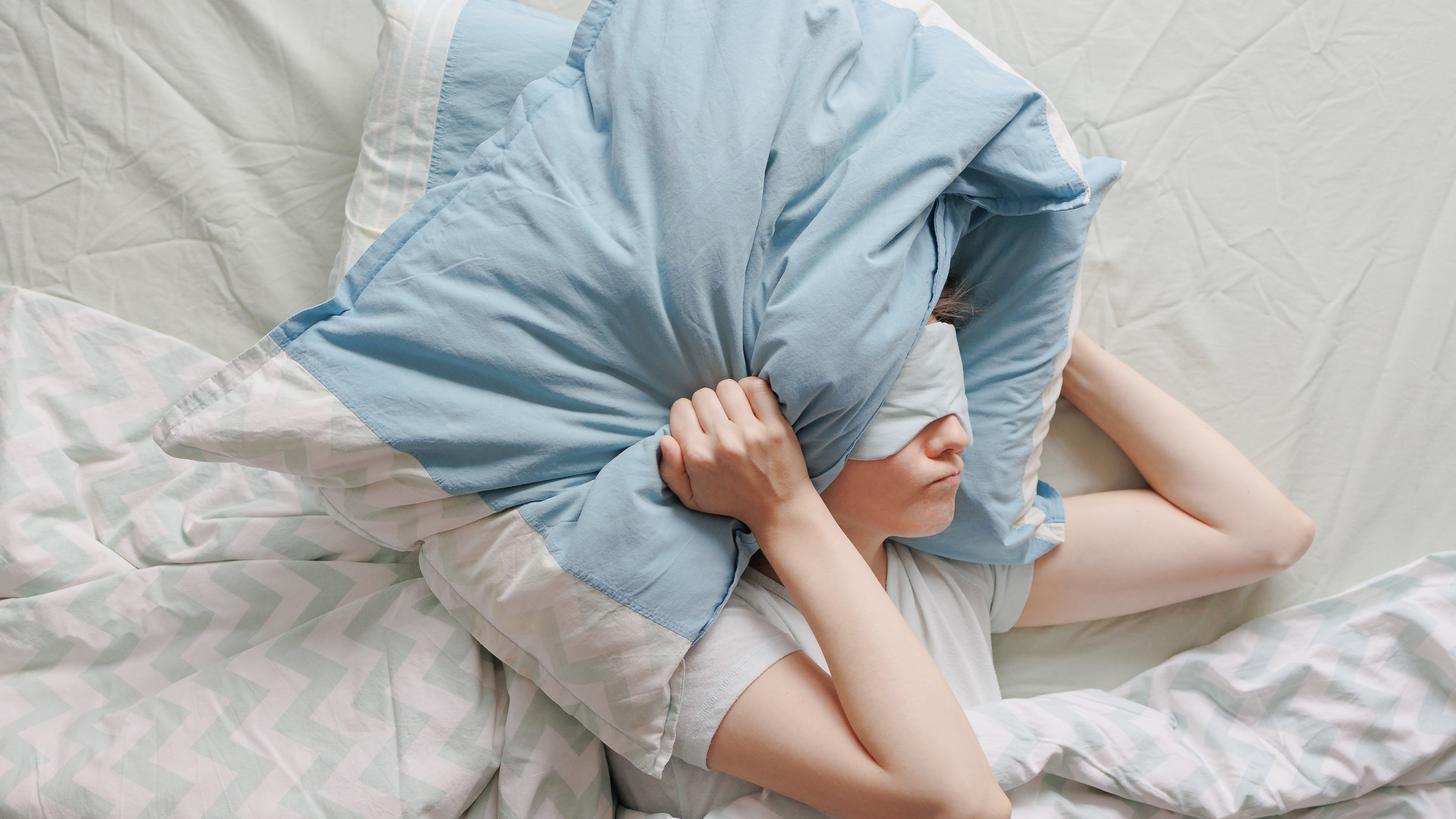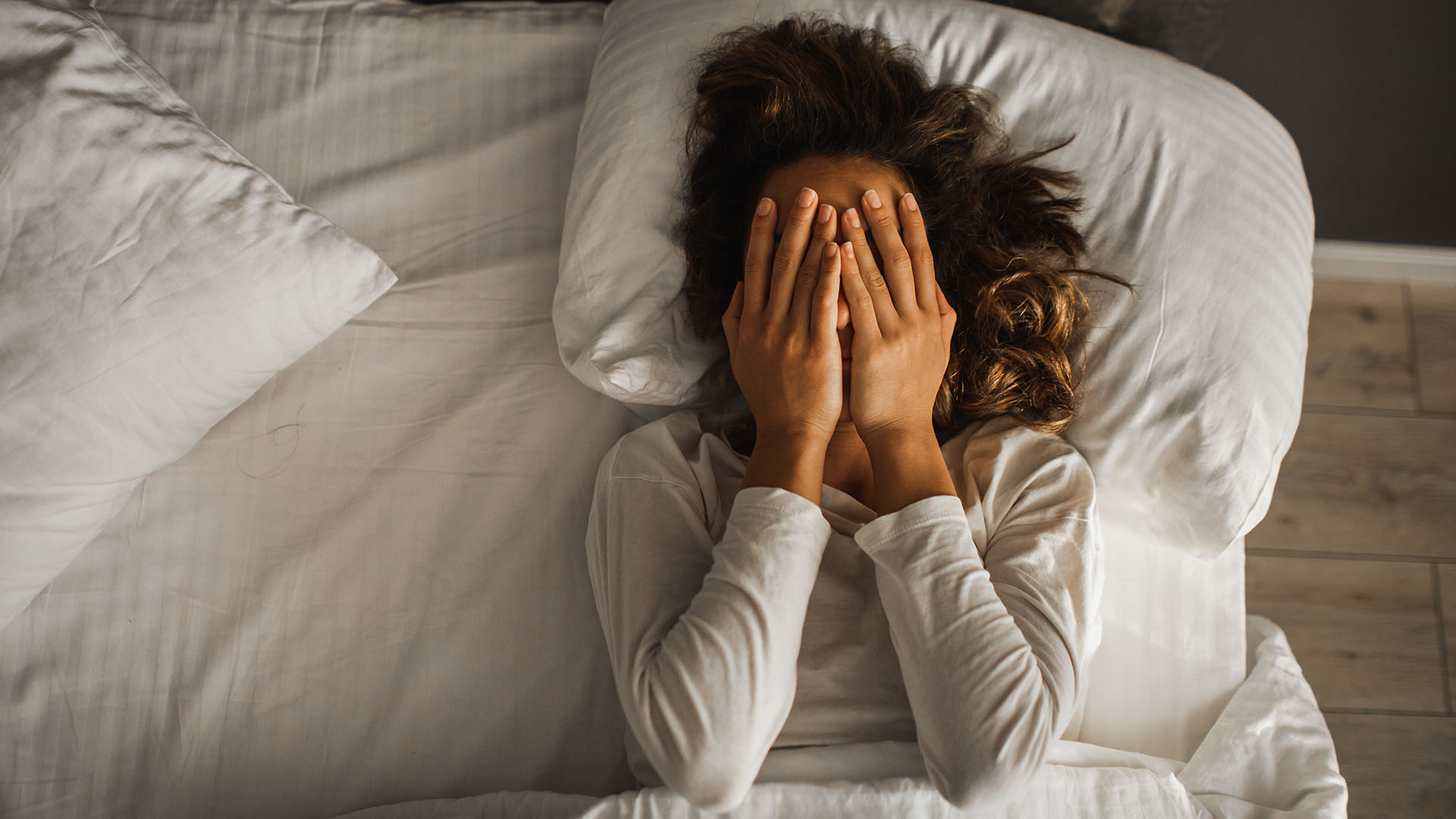New study reveals menopausal women lose 2.5 hours’ sleep a night
The study also found that 4 in 10 menopausal women have to sleep alone to try and get a better night’s sleep.

Leading mattress brand Silentnight has today released the results of a new study looking at the effects of the menopause on sleep. The study, which coincides with Menopause Awareness Month, found that 4 in 10 women going through the menopause are having to sleep in a separate bed to their partner due to sleep issues brought on by the transition.
83% of respondents said they suffer from sleep issues that impact their lives on a day-to-day basis, resulting in mood swings, concentration and memory lapses, and strained relationships.
The key findings of the Silentnight study of 1,000 women show that:
- 48% of respondents claim poor sleep caused by menopause has had a negative impact on their relationship.
- 67% lose an average of 2.5 hours of sleep a night, adding up to 37 days a year
- 44% say poor sleep as a result of menopause has negatively affected their career
- 61% experience night sweats and overheating
While the key findings show how disruptive menopause can be to sleep, 6 in 10 respondents also shared that their partners are actively supportive of the issues they’re facing.
Silentnight’s Sleep Knowledge and Research Manager, Hannah Shore, said: “there are several techniques women (and their partners) can employ to improve their sleep when going through menopause.
“One common technique, as the data shows, is to sleep in separate beds. While it may sound unhealthy to some, separate night-time spaces can be a great way to prioritise sleep.”
How menopause affects sleep quality
Most of us need a cool, dark and quiet space to sleep in at night, with a bedroom temperature of 60 to 68 degrees Fahrenheit (15.6 to 20 degrees Celsius). This is especially important for women going through menopause as they are more likely to experience hot flashes and overheating in bed. So, it could be time to turn down the heat in your bedroom.
Get instant access to breaking news, the hottest reviews, great deals and helpful tips.

“61% experience night sweats, 41% suffer from insomnia and 23% endure heart palpitations, according to our research,” Shore reveals, before adding that, “Fluctuating progesterone levels during menopause can lead to night sweats, disrupting sleep by raising core body temperature at an inappropriate time.”
So trying to sleep as cool as possible can help reduce some of the uncomfortable overheating brought on by menopause. We’d also recommend investing in a proper cooling mattress if night sweats and hot flashes are waking you up.
How to sleep better with menopause
Menopause is hugely disruptive to sleep and it's a key factor in the gender sleep gap, so this is a time when you really need to stay on top of your sleep hygiene and make sure that your bedroom is nothing short of a relaxing haven.
If your current bed is more than seven years old or showing signs of sagging, we’d recommend buying the best mattress for your body and budget. Choose one with temperature regulating properties, such as cooling gels, or go for a hybrid mattress as these use coils or springs that encourage better airflow.
Also take a look at your pillows, bedding and bed clothes. Ideally you want to sleep in temperature-wicking and cooling fabrics, such as organic cotton. Wool is an excellent choice of filling for bed pillows as it helps dissipate heat and circulates airflow.
Beyond what you’re sleeping on and the room you’re sleeping in, we’d recommend the following:
- Follow a regular sleep schedule and get up at the same time each day
- Avoid late afternoon naps as these will lower your sleep drive and you’ll take longer to fall asleep at night
- Create a bedtime routine that relaxes your body and mind
- Ditch the caffeine after midday as it has a half-life of 9.5 hours

Claire is a Certified Sleep Science Coach and the Managing Editor of Sleep at Tom's Guide. She curates our mattress guides and oversees our rigorous mattress testing procedures. Claire has over 16 years' product review experience and is connected to a wealth of globally renowned sleep experts including mattress designers and buyers, neuroscientists, and doctors of sleep medicine. As the Managing Editor of our Sleep and Mattress Team, Claire is responsible for all mattress and sleep content published on Tom’s Guide and is our expert on Saatva, DreamCloud, and Nectar mattresses. Claire is also certified to advise people on how to choose a mattress that suits their needs and budget, as well as helping them to create a nighttime routine and bedroom environment that helps them sleep better.
